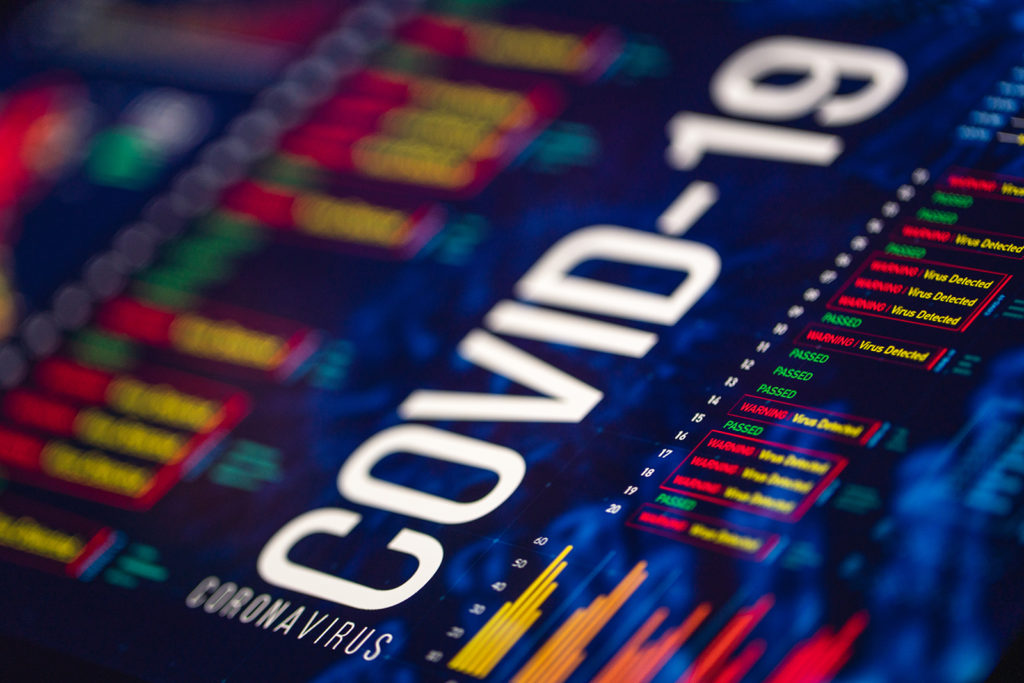Just before New Year, a controversial piece of US legislation tucked into a COVID-19 relief package had people who stream video gameplay online concerned that their livelihood was about to be criminalized. While a careful reading of the legislation reveals that the initial reaction was unwarranted and perhaps overblown, it does raise some interesting questions about the legal status of “streamers” and the interplay between game publishers and online video content creators.
Streamers use internet platforms such as Twitch and YouTube to broadcast videos of themselves to their fans and followers. Some of the most popular streamers will play videos games on camera during the streams. These gameplay videos are sometimes referred to a “Let’s Play” videos (as in, “Let’s Play Animal Crossing” or “Let’s Play Assassin’s Creed”). They earn revenue by offering subscriptions, accepting donations from fans, promoting products and services, and selling merchandise. The videos are live streamed so viewers can interact in real time with the streamer using a chat function. Many of the videos are also stored and can be viewed on-demand later.
Continue reading



